To make sure that your garden doesn’t succumb to pesky weeds, utilizing a natural weed barrier is crucial. Fortunately, there are tons of options at hand. That said, mulch has been proven to be the most effective natural weed barrier.
To keep those pesky weeds away, one can use mulch, a protective layer of material added over the soil. Common mulching materials include bark chips and shredded wood. Alternatively, one can choose to cover the soil with straw, dried leaves, or even flattened cardboard.
Light is denied access to the soil when layers of mulch are installed, circumventing weeds from sprouting. Additionally, it functions as a preserver of moisture which further obstructs their growth.
To fend off the troublesome weeds that may take over your garden, it is prudent to apply mulch during the springtime, though it is possible to do so in any season.
Alternatively, a living barricade of vegetation can be planted alongside your garden to ward off unwelcome weeds. By choosing fast-growing plants, the surrounding soil will be cast in shadow, preventing weed seeds from sprouting.
For a burst of buzzing life, sunflowers, sweet corn, and sorghum make excellent selections for any garden. If looking for something a bit more vibrant, try planting black-eyed Susans or zinnias to lend a splash of color.
For plants to thrive without causing immense overcrowding in the garden, they should be routinely pruned once they reach a sufficient height to cast shadows over the ground.
If you’re seeking an aesthetically-pleasing alternative to mulch or hoping to draw pollinators to your garden, consider establishing a living barrier.
To battle weeds with added efficiency, you may opt for a two-pronged defense that includes mulch and a living screen.
When you catch sight of weeds in your garden, snatching them up by hand is a superb way of preventing any further growth. Invasive grasses and plants are easily snubbed out in manageable gardens or areas where you can’t establish a living protection like mulching.
If you wish to eliminate weeds, you’ll want to make sure the entire root structure is uprooted. Even the slightest portion of the root that is left over could cause the weed to reappear.
When other methods are ineffective, some gardeners rely on herbicides to combat weed growth. Organic herbicides, free of harsh chemicals, represent a more secure option for food crop areas.
When possible, it is wise to avoid using herbicides as they may also cause harm to beneficial plants and insects that inhabit the same environment. In short, herbicides should only be employed in a truly desperate situation.
With some attention and hard work, you can easily maintain a garden obviously free of any weeds. Obviously, the dividends of such a state of affairs are really worth devoting the time to!
Related Product
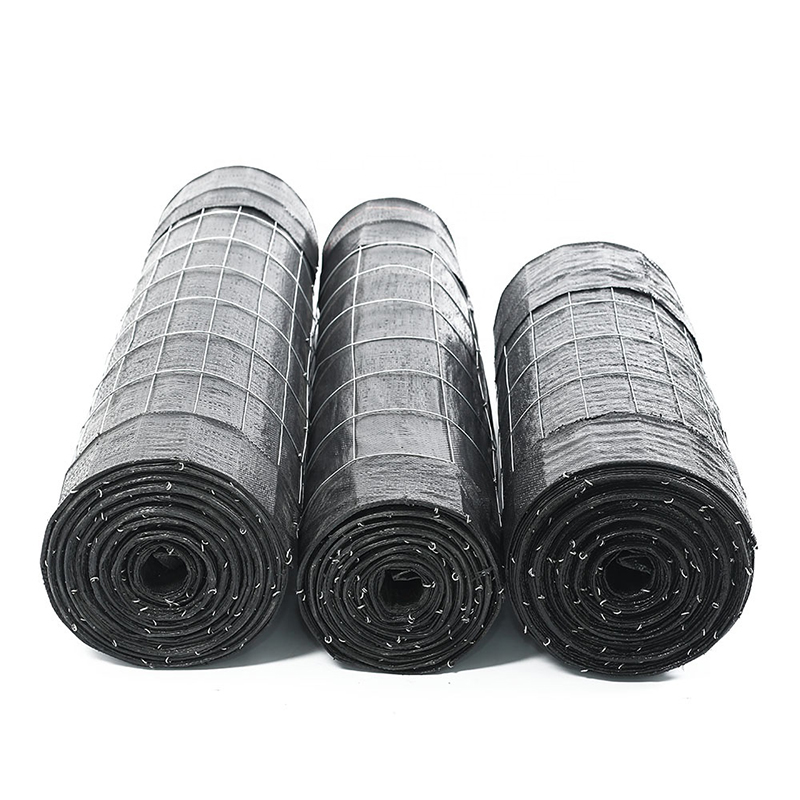
Wire Backed Silt Fence
The Wire Back Silt Fence is a strong erosion control fence designed for areas with demanding silt and erosion control requirements. Offering more strength and stability than a stan […]
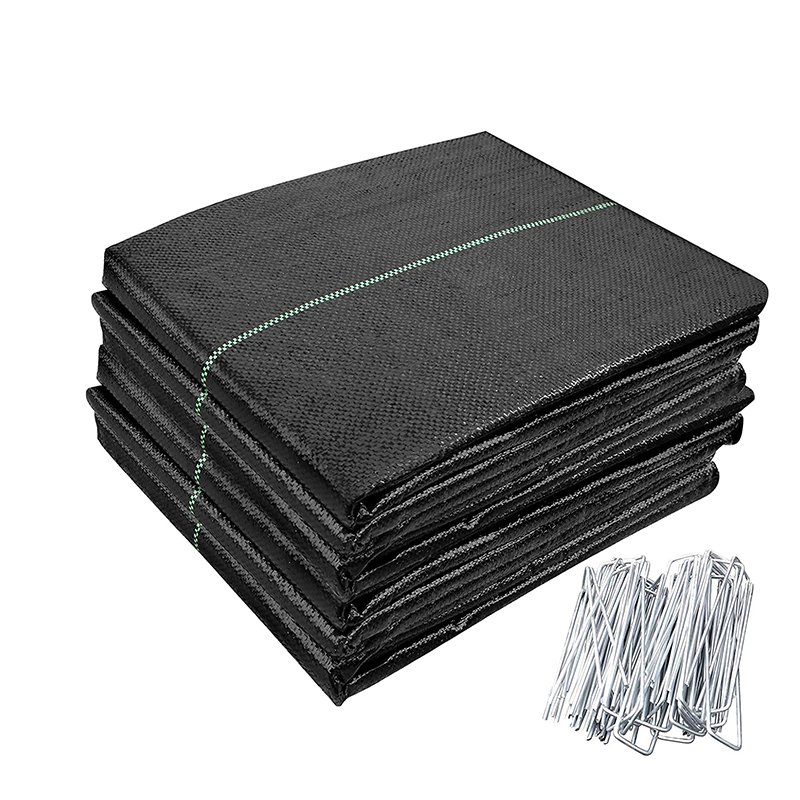
Woven Geotextile/Weed Mat
PP Woven Geotextiles are a series geotextiles made of high-performance polypropylene woven geotextile fabrics combining strength, durability and robust design. All these PP woven g […]
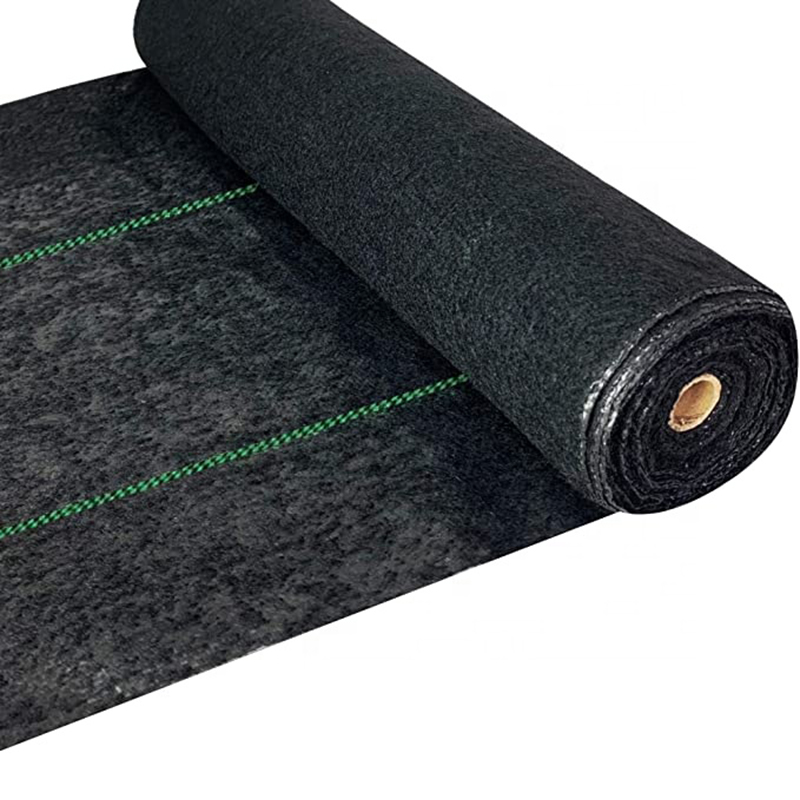
Heavy Duty Landscape Fabric
High Strength &Durability: 5.8oz heavy duty landscape weed barrier fabric, made of tightly woven polypropylene fabric needle which punched with UV-stabilized. 98.7% opaque to l […]
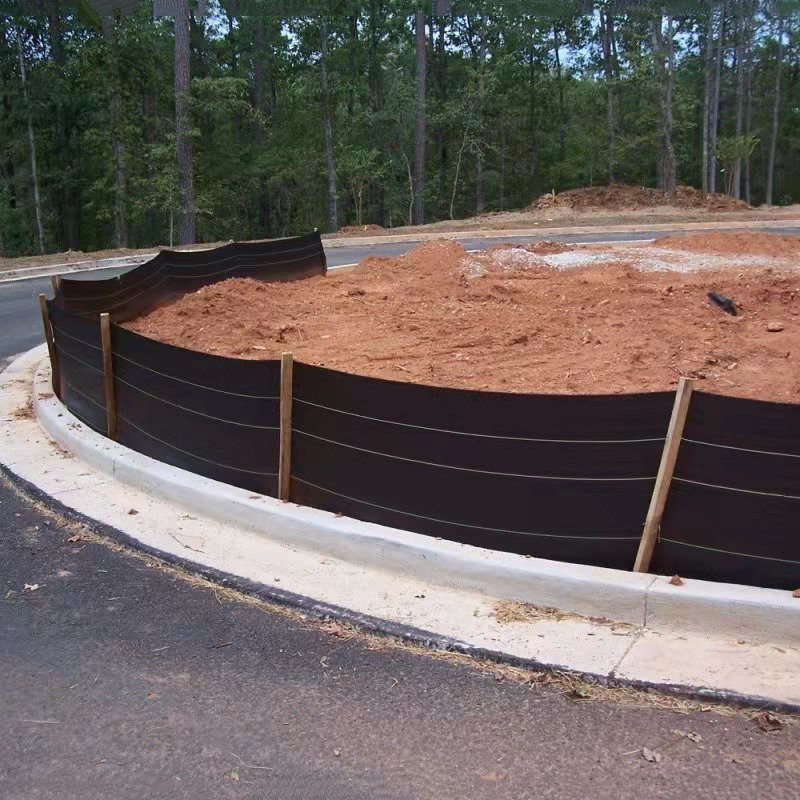
Silt Fence
Product Weed Mat / Ground cover/Slit fence Weight 70g/m2-300g/m2 Width 0.4m-6m. Lengths 50m,100m,200m or as your request. Color Black,Green,White ,Yellow or As your request […]
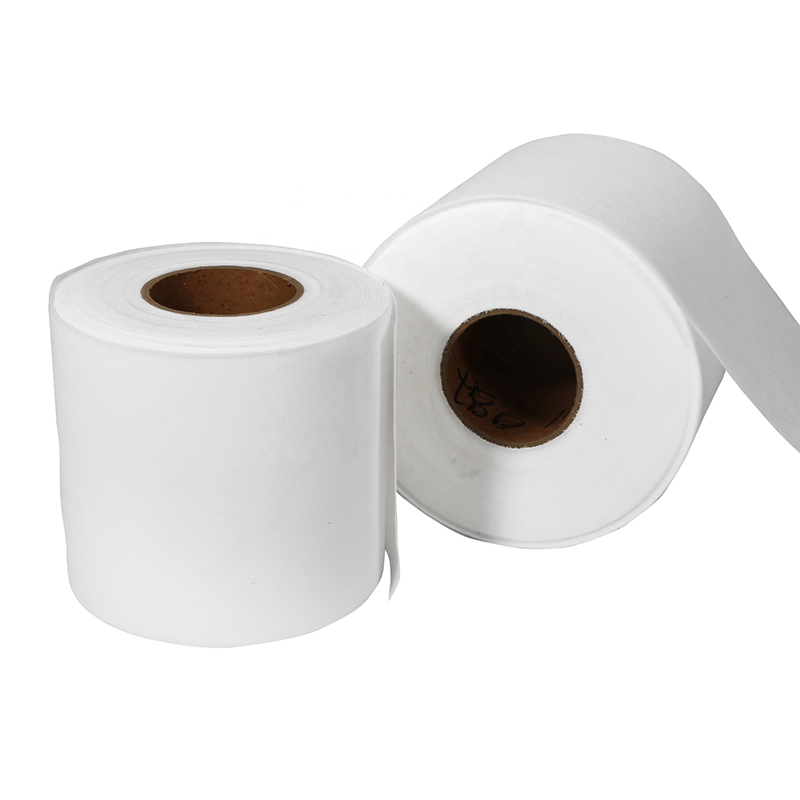
Non-Woven Geotextile
Geotextiles are permeable geosynthetic materials made by needling or weaving synthetic fibers. Geotextile is one of the new geosynthetic materials, and the finished product is clot […]
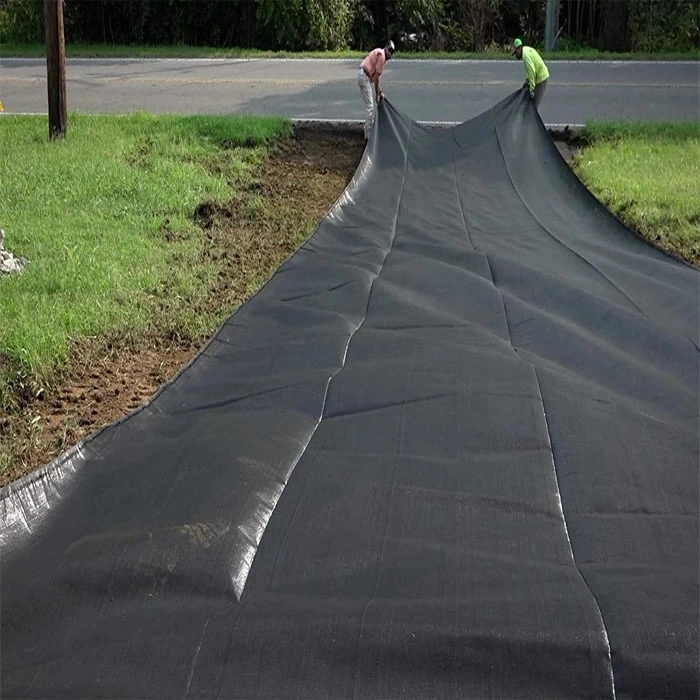
Bluekin Weedmat: Your Secret Weapon for a Low-Maintenance and Beautiful Garden
Are you tired of spending countless hours weeding and maintaining your garden? Look no further than Bluekin Weedmat, the ultimate solution for a low-maintenance and beautiful garde […]
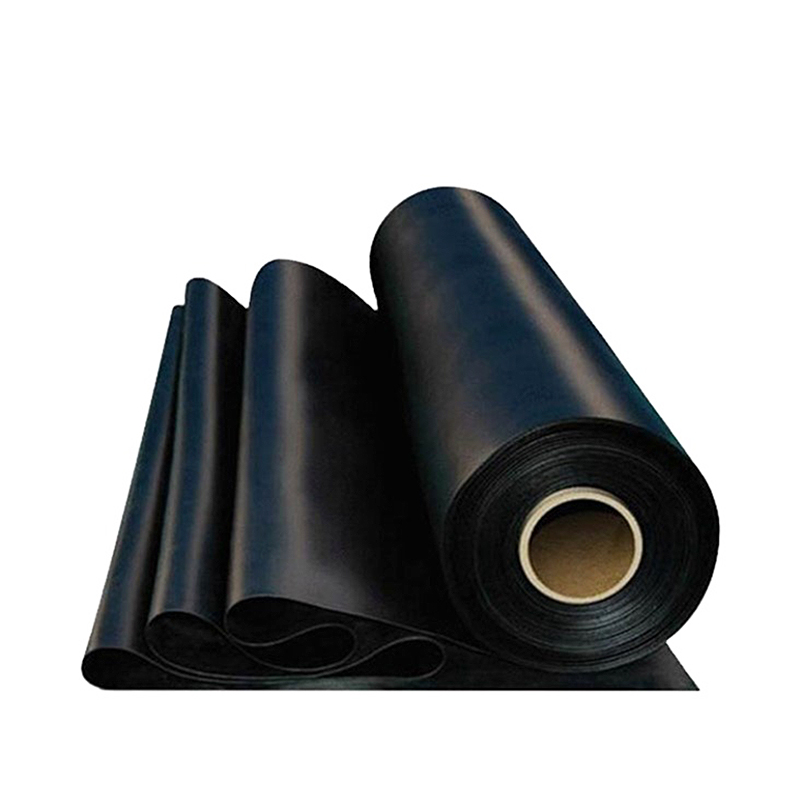
Hdpe Geomembrane
Product Features: They have strong ability for waterproof,anti seepage and isolation, aging resistance, good welding performance, convenient construction, root resistance and other […]
Post time: 2023-06-24
